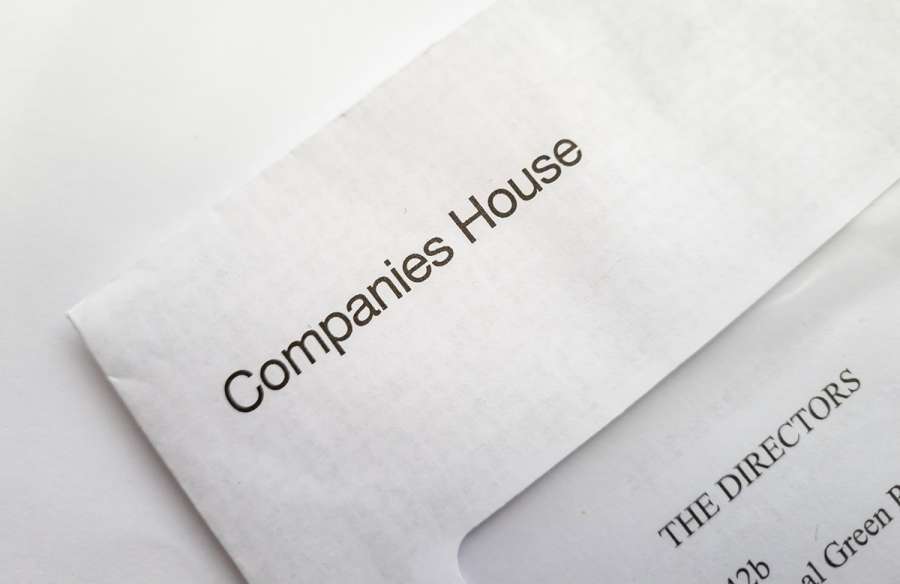There are many reasons why a director can be disqualified. The CDDA 1986 sets out several circumstances in which a court either must make a disqualification order or may make a disqualification order.
Some examples where a court may make a disqualification order are:
- When a person is convicted of a serious criminal offence in the UK or abroad concerning the promotion, formation, management, liquidation or striking off of a company.
- Where a person has persistently been in default in relation to the provisions of companies legislation requiring returns, accounts, and documents to be filed at Companies House or where a person has been convicted of an offence for failing to file returns, accounts and documents at Companies House.
- Where a person has been found guilty of the criminal offence of fraudulent trading under section 993 of the CA 2006.
- Where a person is guilty of fraud in relation to the company while they are an officer of that company or where they have committed any breach of duty while acting as an officer of the company.
Section 6 of the CDDA 1986 sets out the court's mandatory powers.
Most applications for disqualification made under the CDDA 1986 are made under section 6.
The court must make a disqualification order against a person in any case where, on an application to the court, the court is satisfied that:
- The person is or has been a director of a company which has become insolvent or that the person has been a director of a company which has at any time been dissolved without becoming insolvent; and
- The person's conduct as a director of that company makes that person unfit to be concerned with the management of a company.
Generally, director disqualification proceedings will be initiated by the Insolvency Service on behalf of the Secretary of State.
The Insolvency Service can investigate the conduct of directors of insolvent companies, for example, when there is a complaint.
When a company is placed in liquidation, a director's conduct will be automatically investigated by the company's liquidator, and the liquidator must make a confidential report to the Insolvency Service on the director's conduct.
Notwithstanding this, anyone can report a director's conduct as being unfit. Once a report is made, the Insolvency Service will review any information reported and consider whether to investigate the company and/or its directors.
Below is a non-exhaustive list of what 'unfit conduct' can include:
- Abuse of the COVID bounce-back loan scheme;
- Allowing a company to continue trading when it can't pay its debts;
- Not keeping proper company accounting records;
- Not sending accounts, returns and other documents to Companies House;
- Not paying tax owed to HMRC;
- Using company money or assets for personal benefit;
- Fraudulent dealings; and
- Acting contrary to the public interest.













